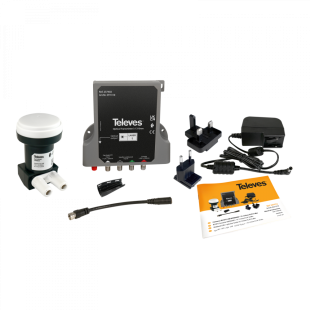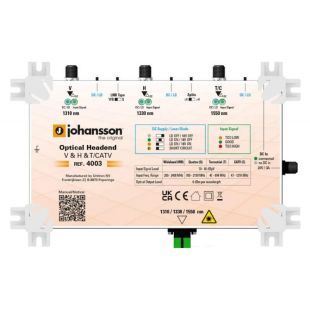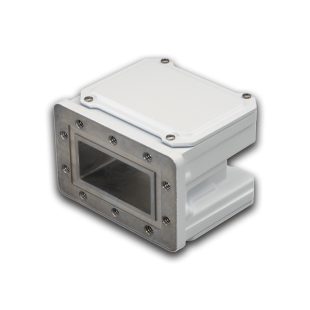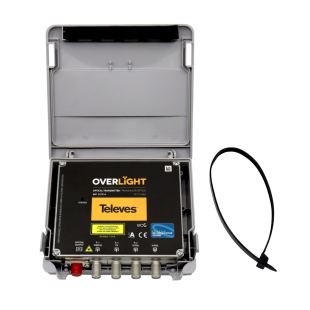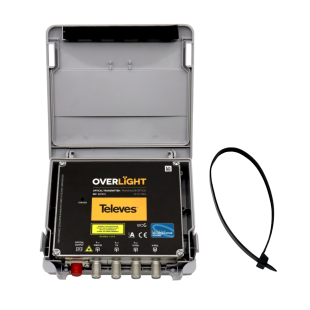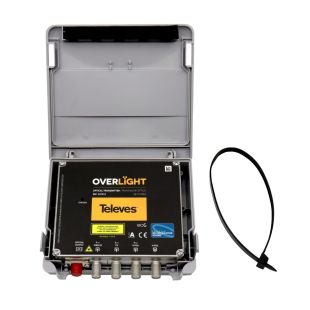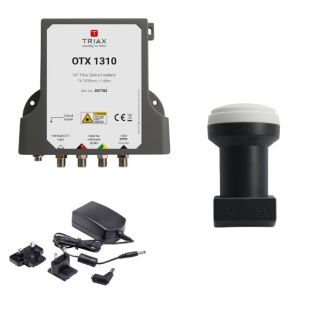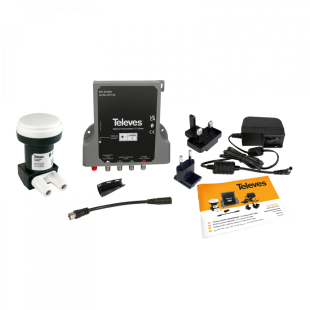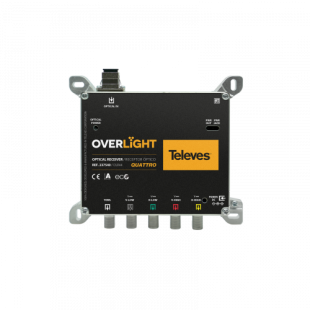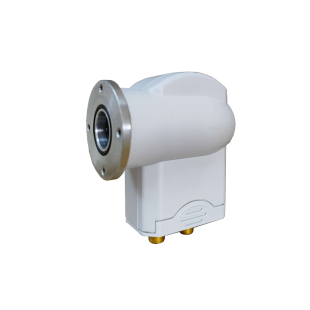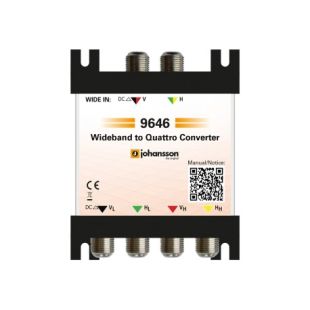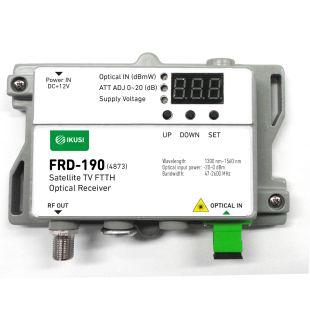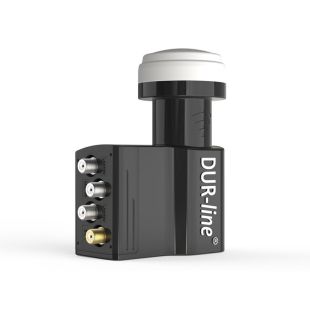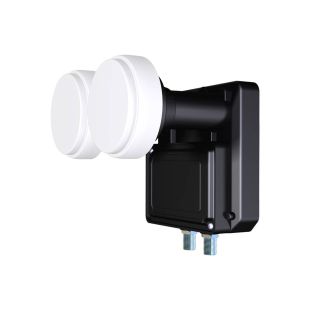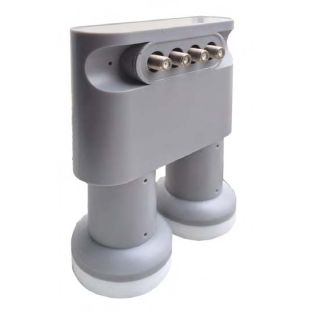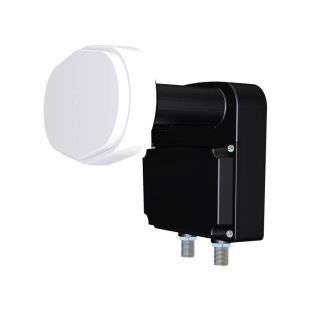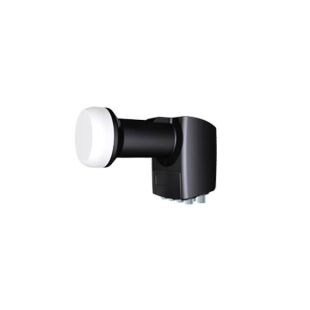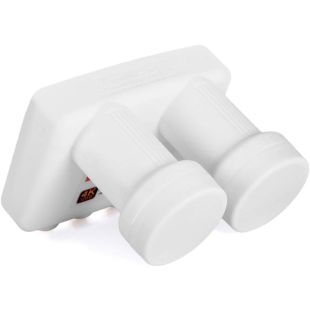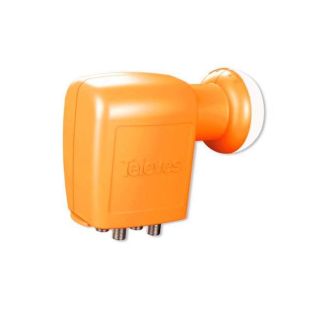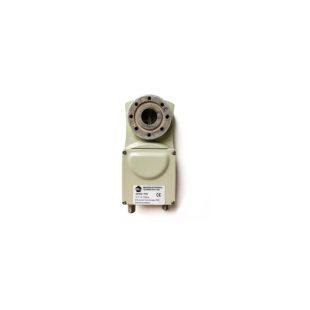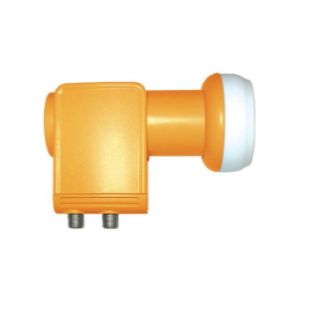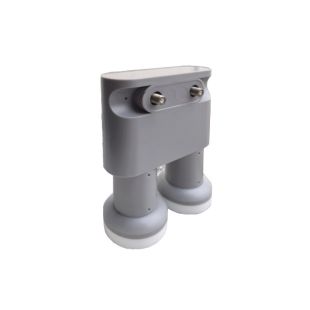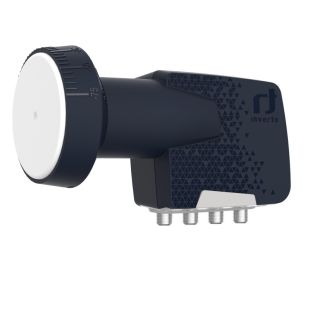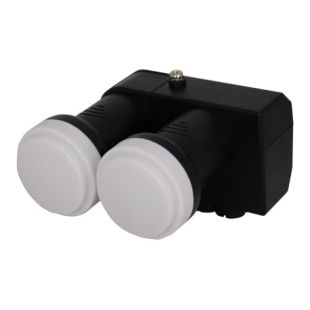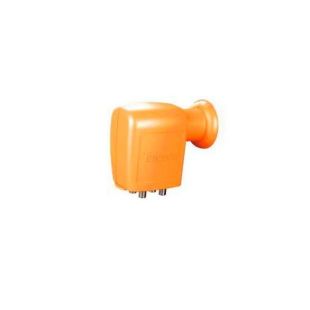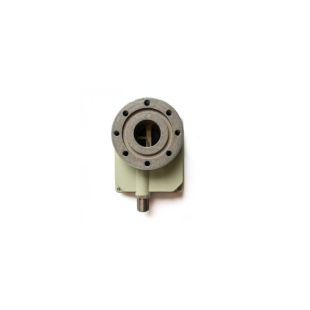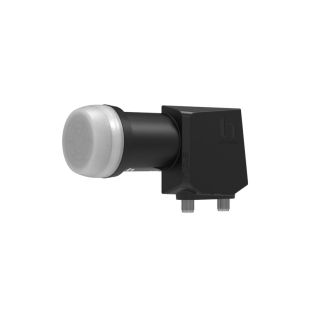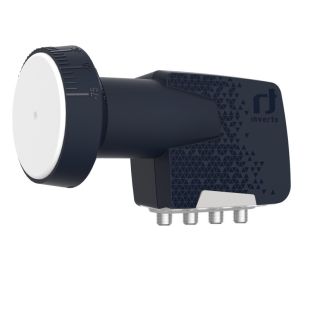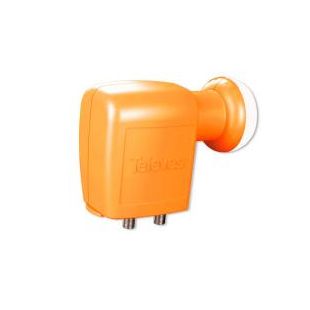Buy LNB Converters for Satellite Antennas
The LNB is the most important element for the satellite dish antenna since it is the one that really captures the signal and the better the LNB, the better signal quality we will obtain.
There are different types of LNB converters:
- Universal LNBs (Ku band): They are the most common to watch satellite TV in Europe, as well as other services. These LNBs divide the satellite bandwidth into 4 polarities (V/L, V/H, H/H, H/L) among which the user will choose the one that best suits him depending on the channels he wants to watch.
Within the Universal LNBs, we can divide them by the number of outputs: Single (1 output), Twin (2 outputs), Quad (4 outputs), Quattro (4 outputs: 1 for each polarity) and even Octo (eight outputs).
- LNB Band C: They are used for the same purpose as those of the Ku band, although they operate in a different frequency range and are more common in America and Asia. They need large parabolic antennas with a central focus. Currently we do not have this type of LNB in our catalog.
- LNB Unicable: A very interesting system but unfortunately quite unknown. They need a Unicable receiver to be able to use it, many satellite receivers include this function. These LNBs allow the distribution of the complete satellite (the 4 polarities) to a total of 4 users (Unicable I) and up to 24 users (Unicable II) over a single coaxial cable.
They are the best solution for community installations where users need to receive different polarities. Even for unicable installations of several satellites there are also unicable multiswitches. The Unicable system allows complex satellite distributions to be easily carried out with the fewest possible cables and avoiding switching problems, which would otherwise be present.
- Optical LNB: These LNBs are used with normal offset satellite dishes, with the difference that they transform the satellite signal into an optical signal to transmit it over very long distances (kilometers) by fiber cable. They require other equipment for their implementation: optical converters, fiber optics, attenuators, distributors, optical receivers, etc.
A system aimed at satellite installations in large areas, urban complexes and buildings. Distributing all the polarities of a satellite through a single fiber cable, saving large distances and attenuations.

